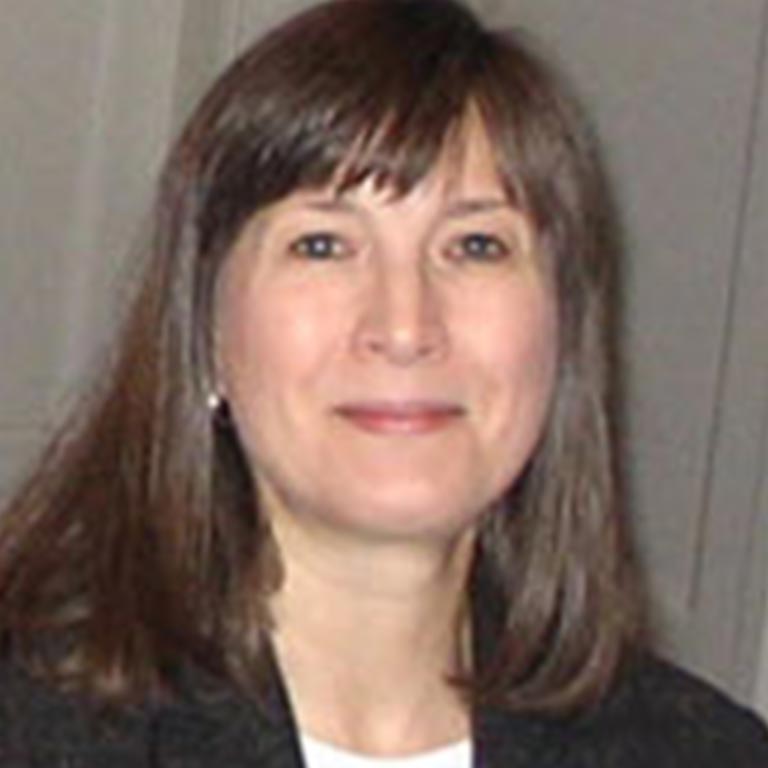Dr. Rosemarie McGerr’s course CMLT-C 321 Comparative Literature: Defining Human Identity in Medieval European Literature challenges preexisting beliefs about medieval Europe. Students will learn how people of different religious, political, gender, and ethnic identities expressed their views during this time period.
An interview with Dr. McGerr, a Professor of Comparative Literature, is below.
How does this course fit the theme of this year’s Themester?
Dr. McGerr: This course fits the theme of “Identity and Identification” because the readings and written work will focus on the topic of how literature composed in Europe during the medieval period (the 6th – 15th centuries CE) explored different ways in which people defined identity for human beings as individuals and as communities.
Why is it important for students to take this course?
Dr. McGerr: The course can help students widen their perspectives on how people have explored these issues in times and places students may not have studied before. Sometimes students have misconceptions about what Europe was like during the medieval period, and so they do not realize how diverse the population was or how many authors found ways to express ideas that might not find complete support by people in authority.
What knowledge or skills do you hope they gain?
Dr. McGerr: I hope students will gain a better understanding of the diversity of voices that survive in medieval European literature and the sophistication of their explorations of identity and identification so long ago. I also hope that the course will also help students develop their skills in reading and writing analytically.
What, to you, is the most interesting aspect of this course?
Dr. McGerr: For me, the most interesting aspect of this course is learning that many of the questions that we tend to think of as “modern” were being asked, either directly or indirectly, so long ago and by so many different authors. Many texts from medieval Europe raised questions about assumptions about gender, social class, race, religion, and disability in defining the identity of human beings, as well as how much of a person’s identity was a matter of performance, rather than a person’s “nature.”
What do you learn from teaching it?
Dr. McGerr: I learn about the connections that students make to discussions of identity in literature from other times and places.
Are there any assignments that you are particularly excited about?
Dr. McGerr: I am particularly excited about our reading of a narrative from the 13th century called The Romance of Silence, which is about the daughter of a duke who is brought up as a boy by her parents because the king has declared that daughters may not inherit family property. Her parents name her Silence, and the narrative follows her as she refuses to define her own identity in binary terms, while different forces map out their concepts of identity onto her. Students always find this narrative very interesting.
What type of students would you encourage to take this course?
Dr. McGerr: I would encourage any students to take this course who are interested in literature, history, or gender studies, including how the medieval period is represented in popular culture today. I would also encourage students to take this course who would like to find out about how people who were marginalized in their home communities in the past found ways of overcoming obstacles and making their voices heard. Students do not need to have any prior knowledge about medieval Europe in order to excel in this course, since I will provide background information for each of the required readings. All of the required readings will be in modern English translation.
View this course
View Themester 2022 courses



 The College of Arts
The College of Arts